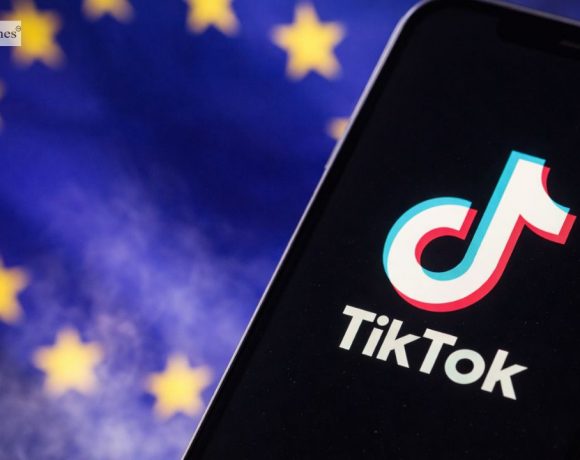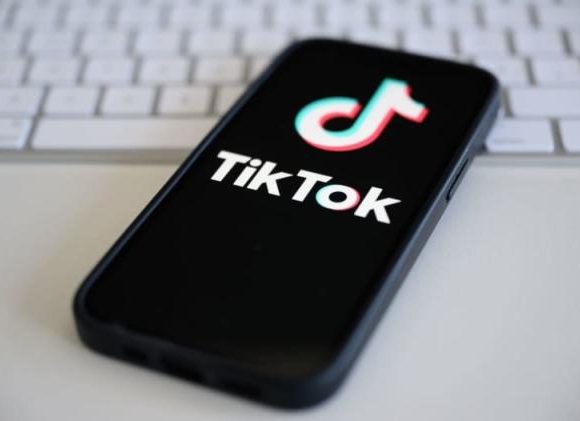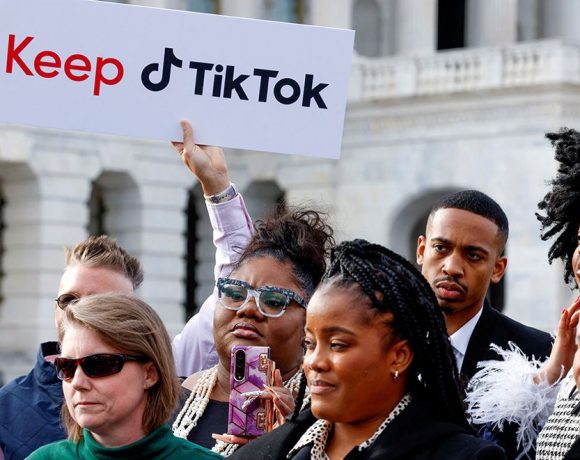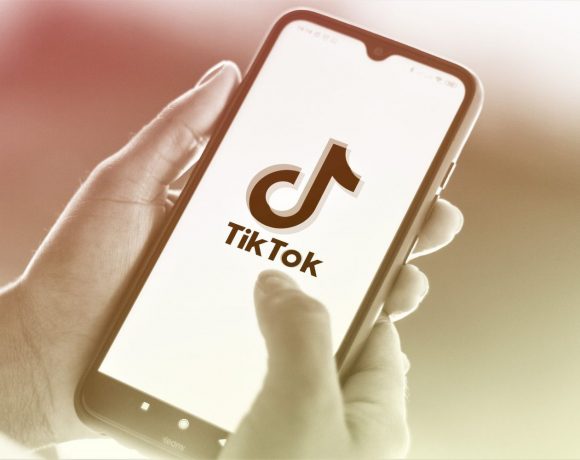The recent ban on popular social media app TikTok has sent shockwaves throughout the creator community, leaving many uncertain about the future of their careers.
On March 24th, 2023, the United States government officially banned the app, citing concerns over data privacy and national security. This decision comes after months of debate and controversy surrounding TikTok’s ownership by Chinese company ByteDance and its potential ties to the Chinese government.
While the ban is certainly a blow to TikTok’s massive user base, it may be even more devastating for the app’s content creators. TikTok has become a major platform for aspiring influencers and creators, with many building large followings and even launching lucrative careers through the app.
Without TikTok, these creators will be forced to find new platforms and audiences to share their content with. Some may turn to other social media apps like Instagram or YouTube, while others may look for emerging platforms to try and replicate the success they found on TikTok.
However, this transition may not be easy for all creators. TikTok’s unique algorithm and user base have helped many creators achieve viral fame in ways that may be difficult to replicate on other platforms. Additionally, the ban may lead to a loss of revenue for creators who were earning money through sponsorships and partnerships with brands.
Many TikTok creators have taken to social media to express their disappointment and frustration with the ban, with some even calling on the government to reconsider their decision. However, it remains unclear whether the ban will be lifted or if creators will have to adapt to a TikTok-less world.
For now, creators will have to navigate the uncertain landscape of social media and find new ways to connect with their audiences. While the TikTok ban may be a setback, it may also present new opportunities for creators to explore and grow their careers in new directions.
Picture Courtesy: Google/images are subject to copyright




